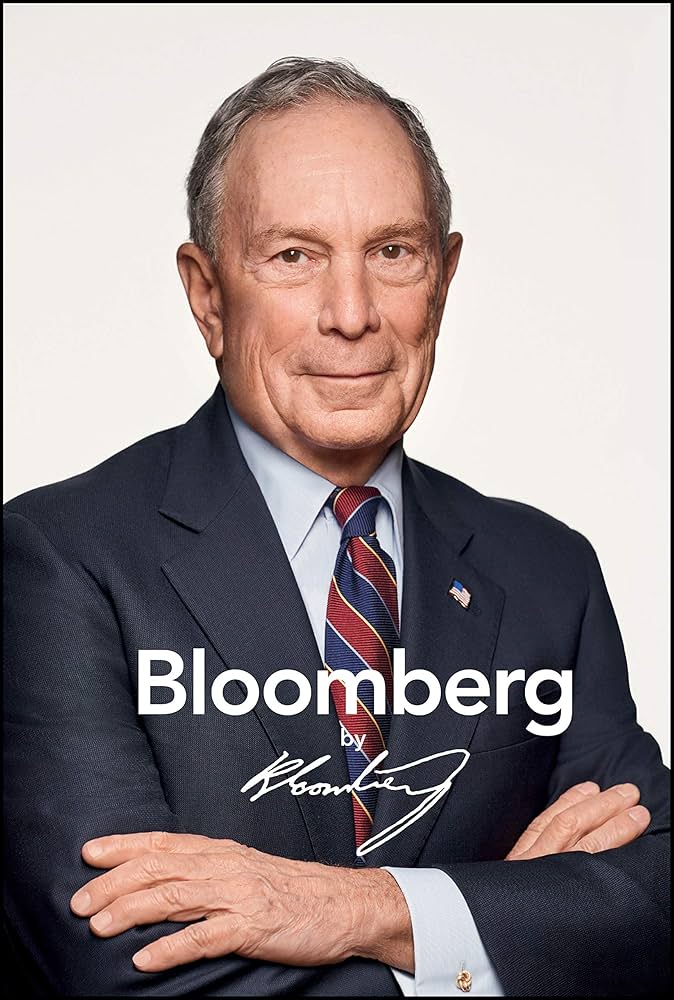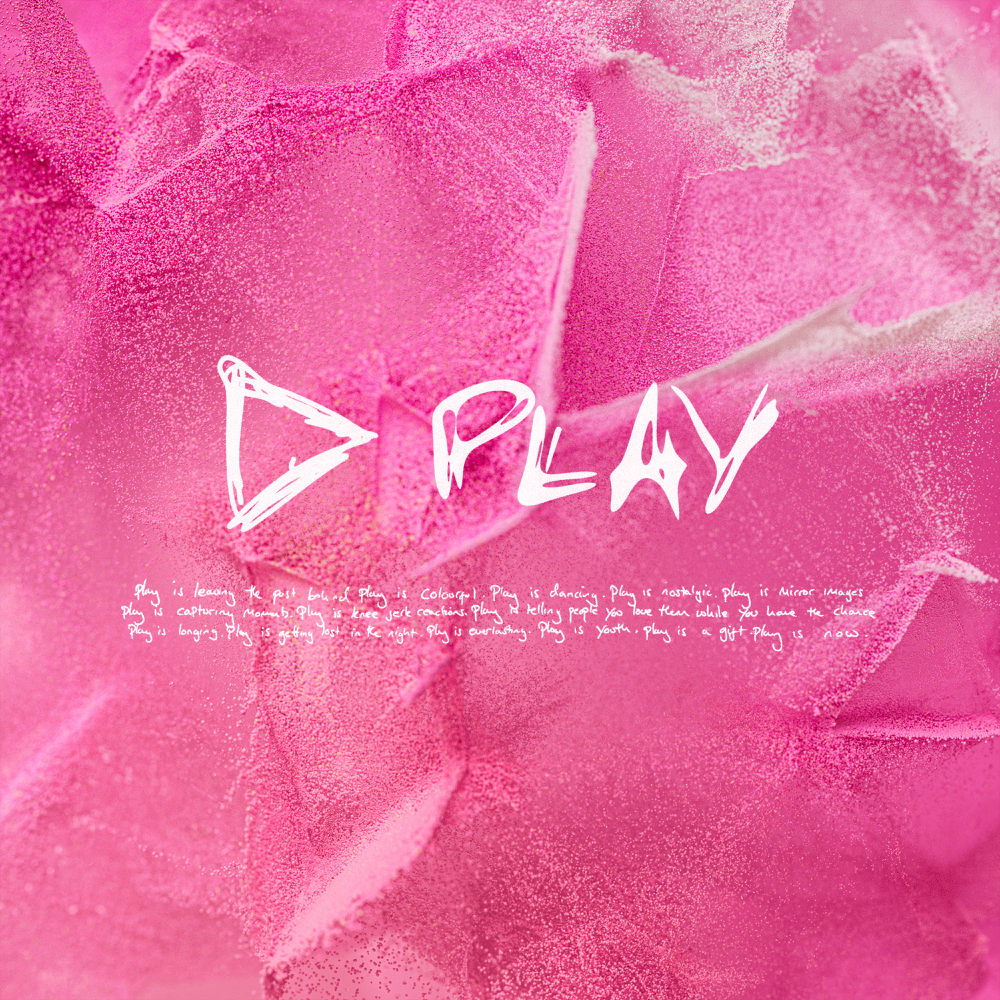To survive in the city of Yaoundé, one must embrace the dust of the Cameroonian Earth: it breathes with you, follows you, gets in and out of taxis with you. Looking out the back window of a cab, I feel my eyesight reconfiguring, my image of the natural world adapting to an unfamiliar lens. At home, the Earth is unquestionably green; here in Yaoundé, I am not so sure. I think instead of red, the color of the roads. In the evening, as the daylight settles at the base of the streets, I can see the air most clearly— the exhaust from the taxis, the smog around the mountains, and everything distorted by an Earthy reddish hue.
Over the past few months, different parts of my body have all delivered their letters of acceptance to the Cameroonian environment, my skin having abandoned its translucency, my lungs billowing smaller breaths and my heart pounding more brilliantly than it otherwise might. No matter how much dust my body may accumulate, however, I cannot blend in this country. In Yaoundé, Cameroon, I am first and foremost la blanche. My physical presence is experienced by others (with the exception, perhaps, of family and friends) as that of a White person. Never before have I been so poignantly aware of my own skin; never before have I so consistently realized my physical presence.
A walk through the streets of Cameroon incites a seizing of physical consciousness. My interactions with strangers are incredibly curious: at the same time that my skin receives meaning, I reject it completely. And the more they project, the more I reject; as they reach out to pass my hair between their fingers and photograph me on their camera phones, the irony deepens. Their delight in my difference is innocent, curious, but the positivity of their reaction repels me. I am compelled to recognize the weight of my skin’s ugliness, not by merit of its immediate presence but its history. Over time, though, I’ve realized that most Cameroonians do not perceive my skin color as anything symbolic. Where one may expect to find thoughts of colonization and privilege in their consciousness as they gaze upon me, there exists instead a simple fascination with the strange, and perhaps a desire to visit America, all of which I can understand.
Certain days come in Yaoundé when we find it necessary to take a pause, lie on our backs on the apartment floor, and simply reflect on everything we’ve experienced since January. Today was one of those days. The afternoon was uncharacteristically hot: we’d been waiting for a storm for weeks. Some of us were even lacking running water in our homes, the mud piling up inside our pores. Rain is a blessed occurrence in Yaoundé, at least for us foreigners. So when the storm finally came that afternoon, it took us a moment to break free from our reveries— we ran out onto the balcony, shedding our sandals as we sought relief from the stifling heat.
In the moments that followed, we were children again, dancing and screaming in delight, letting go for just a moment of the greater questions that had colonized our minds for days. I grinned into the storm, rain water washing days of accumulated mud and dust from my skin.







